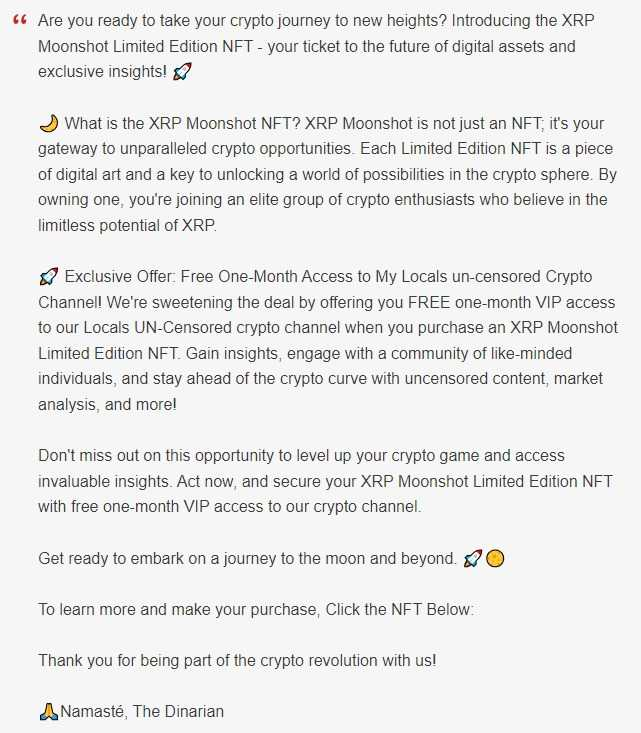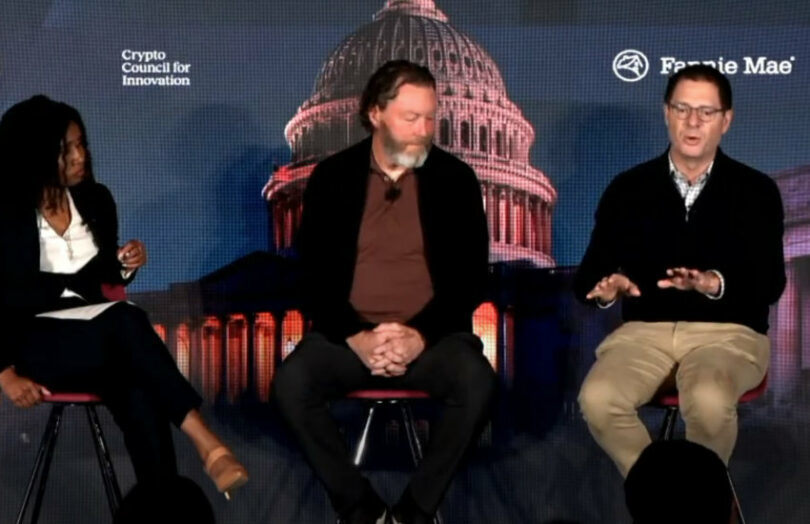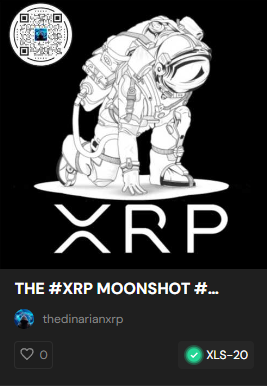During this week’s DC Fintech Week, Brian Brooks outlined why he sees blockchain as a strong solution for recording and securitizing mortgages. A few years before becoming Acting Comptroller of the Currency, Brooks was General Counsel for Fannie Mae, so he knows a thing or two about the sector.
In short, blockchain can act as a definitive mortgage registry, cut costs and enable a wider pool of investors for tokenized mortgage backed securities (MBS). The net effect is improved liquidity.
The U.S. mortgage backed securities (MBS) market is worth $11 trillion or around half the size of the Nasdaq.
Native mortgage blockchain registries & cost savings
A major benefit of blockchain is to act as a native digital mortgage registry. Brooks discussed the Great Financial Crisis, and how mortgage records were a major blocker with foreclosures.
“We didn’t know for sure who owned the note,” said Brooks. “And even if the mortgage was registered on the MERS (mortgage registry) system, people still argued a certain percentage of the time that the MERS system was subject to human error – that something had been onboarded incorrectly or there had been a break in the chain of title.”
With blockchain, it will still be possible to have errors in mortgage origination. However, if the mortgage record is natively digital, there should be no re-keying errors. And digital signatures prove who has the title.
Mike Cagney, the CEO of blockchain mortgage provider Figure, estimates that the cost savings in origination, aggregation and securitization are 85 basis points (0.85%). Putting it another way, that’s $850 per $100,000 mortgage.
One example Cagney gave is securitization. For conventional mortgage securitizations, every mortgage is audited which costs $500 per loan. With a blockchain solution, it’s only necessary to audit a sample. Currently that’s 20% in Figure’s case. And because of the availability of all the data digitally, the cost is $50 – $100 per loan. Averaged across all loans, that’s a cost of $15 per loan versus $500, giving a saving of $485. Cagney expects that figure to come down further.
Brooks noted there’s a financial inclusion aspect. Using Cagney’s figures, savings of $485 on a $100,000 mortgage is a big deal, but not so much on a million dollar mortgage.
Blockchain can improve liquidity
For those familiar with the mortgage sector, to improve liquidity, Cagney announced that Figure is planning a private TBA market (explained below) in association with two major global investment banks. He didn’t mention which banks, but Figure’s April asset backed security issuance was underwritten by Jefferies, JP Morgan and Goldman Sachs.
Cagney added that atomic settlement enabled by blockchain can eliminate counterparty and settlement risk. Plus greater transparency around mortgage performance can support improved liquidity.
He gave the example during COVID when liquidity dried up for Prime Jumbo loans (which are not federally guaranteed). Most mortgage reports were at least 30 days in arrears, so it was difficult to tell how mortgages were performing. In contrast, with blockchain the reporting is automated and real time.
But even bigger improvements in liquidity can come from expanding the investor base. Typically mortgage backed securities trade in units of millions or tens of millions of dollars. One of the benefits of tokenization is the ability to cut costs which makes smaller transaction sizes viable.
Brooks spoke about how the stock market evolved. “Typically, 100 shares was the smallest you could possibly buy and stocks were expensive. And then we invented mutual funds and then we invented the ETF. So now you can buy equities for a dollar. But that wasn’t the case in our parent’s generation,” he said. “That will come to mortgages as well through tokens.”
Expanding the investor base might become even more important as banks reduce their lending with macroeconomic headwinds and increased capital requirements.
What’s holding up mortgage tokenization?
The hold-ups on tokenization were perhaps the only area where Brooks and Cagney weren’t on the same page. Brooks believes the blockers are around crypto securities rules in the United States and the reluctance of the SEC and FINRA to approve the trading of natively digital securities. Figure doesn’t have that problem.
As context, many of the incumbents that have tokenized money market funds or assets – such as Franklin Templeton and WisdomTree – also keep conventional securities registries. The SEC required it. Some might argue the securities are not digitally native.
Figure is a registered broker-dealer and has an Alternative Trading System (ATS) registration. Cagney revealed that Figure issued the first U.S.-regulated asset backed security (ABS) that was native to the blockchain and trades on its ATS. In fact, Figure has been doing ABS for some time, although perhaps the early ones needed dual conventional registrations.
Part of the adoption hold-up is a false belief that private data is stored on the public blockchain used by Figure (Provenance blockchain). Cagney noted it stores a hash of the mortgage data which is simply a unique identifier but cannot be used to decipher any personal information.
MERS and structural U.S. blockers
Perhaps the biggest blocker is the current structure of the U.S. mortgage market doesn’t favor change. Two issues are the way the incumbent MERS registry is effectively a monopoly. And the standardized manner in which Fannie Mae or Freddie Mac pools of assets are sold (as TBA). Figure aims to address both of these.
Figure’s Digital Asset Registration Technologies (DART) solution can be used instead of the dominant MERS registry. The startup conducted its first transaction with Apollo using DART last year.
However, Federal mortgage insurers such as Fannie Mae require the use of MERS. And the modus operandi bakes in MERS as a central registry. MERS acts as the nominee for the true lender to enable faster transfer of title. When the mortgage is sold, the lender gets updated on the MERS database with no need to update the public records. That’s not an easy competitor.
Creating a private TBA market
Another structural issue is the way pools of mortgages are sold by Fannie Mae or Freddie Mac. The buyer doesn’t know the precise contents until two days later, hence the name TBA. This only works because each pool includes a standardized set of mortgages. Research indicates that this improves liquidity, effectively lowering mortgage rates. And the benefits are not purely attributable to the federal guarantee. Standardization plays a role.
Hence, Figure wants to replicate this standardization concept and create a private TBA market.
“The ability to build homogenous assets. The ability to have an immutable transaction history and certainty of data. That’s the foundation that you need to create a liquid TBA and ultimately pass through* market with a third party guarantor,” said Figure’s Cagney.
“So I believe that’s the next step of what’s going to happen. We’re working with two of the largest investment banks in the world to do this right now. And my hope would be that by the end of the year, you’ll see a first private TBA trade on chain.”
Brooks sees the biggest risk as slow adoption.
“To me, it feels a lot like the advent of smartphones, or the advent of the commercial internet or even like the advent of the CD player,” said Brooks.
“It will be seen as risky. We have to overcome that. This is the CD player. Okay, yes, your cassette tapes are super awesome, but just get over it.”
*A passthrough market refers to the way mortgage payments go to servicing intermediaries and are then passed on to the investor.













 All while Pfizer—a company with a $2.3 billion criminal fine for fraudulent marketing, bribery, and kickbacks—was given blanket immunity from liability and billions in taxpayer dollars to produce a vaccine in record time with no long-term safety data.
All while Pfizer—a company with a $2.3 billion criminal fine for fraudulent marketing, bribery, and kickbacks—was given blanket immunity from liability and billions in taxpayer dollars to produce a vaccine in record time with no long-term safety data.
























